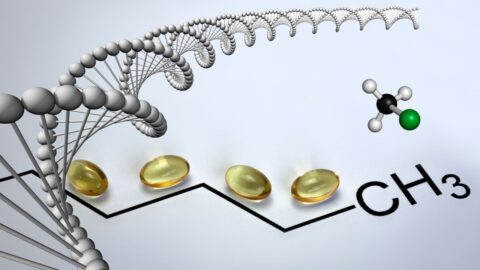by Vanita Dahia
Stress is a common phenomenon in today society which describes a state of disharmony or a threatened state of homeostasis.
Stress hormone cortisol and DHEA on the most pertinent hormonal markers used to identify the degree of adrenal stress, adrenal insufficiency, or adrenal fatigue. Thomas Guilliams of Point Institute has discovered a deeper understanding of assessing stress in the form of cortisol awakening response.
Typically when one is under stress, you would feel overwhelmed, the inability to cope, burning the candles both ends, and the feeling of running out of gas. Hans Seyle in the 1950s defined stress as a dysfunction of general adaptation syndrome (GAS). Walter Cannon as early as the 1920’s popularised the concept of flight – fright – freeze in association with the “adrenaline rush”.
Short Term Stress
Short term stress may manifest as:
• increased heart rate or palpitations
• increase blood pressure
• weight gain as a result of glycogen to glucose conversion in the liver
• dilation of the bronchioles or shortness of breath
• increased alertness due to changes in blood flow patterns
• changes in bowel habits
• decrease in urination
• increased metabolism
Long Term Stress
However, long-term stress or chronic stress over a prolonged period may manifest as
• increased blood pressure due to retention of sodium and water by the kidneys
• insulin sensitivity or resistance leading to obesity
• immune dysregulation leading to increased frequency of coughs and colds
• muscle aches and pains due to increase fat and protein mobilization
Cortisol awakening response (CAR)
Stress can be measured through assessing cortisol and DHEA levels either in saliva, serum, blood spot, or urine. Due to the diurnal patterns and variations of cortisol production through the adrenal medulla, it is ideal to measure cortisol throughout the day. Typically cortisol will peak in the morning and deplete through the day.
Several hours before awakening, the HPA (hypothalamus – pituitary – adrenal) axis is activated by a hormone called adrenocorticotropic hormone (ACTH) in preparation for waking up. Cortisol will typically rise by 50% after 30 minutes from awakening with awareness and alertness of light.
Cortisol levels would ordinarily decrease upon full attainment of alertness due to restoration of blood flow as you get on with your day. The relationship between cortisol at zero minutes, 30 minutes and 60 minutes is quantifiable and known as the car response.
The magnitude of CAR gives important clues on the body’s ability to respond to stressors.
A low CAR response is associated with
• burnout
• chronic fatigue
• chronic pain
• hypertension
• insomnia
• allergic reactions
• Cushings syndrome
• Addison’s disease
A high CAR response is associated with
• light exposure during waking
• depression disorders
• major depressive episodes
• upper respiratory illnesses
• bipolar disorder
• seasonal affective disorders
Measuring Stress
For a comprehensive assessment of adrenal stress, it is recommended to collect a saliva sample seven times in a day.
Seven samples of saliva (liquid drool of spit, not the bubbles) are collected
• upon awakening to assess CAR
• 30 minutes thereafter to assess CAR
• 60 minutes upon awakening to assess CAR and give clues on the nature of sleep
• 12 noon to determine energy and stress during wakeful hours
• 4 PM to give clues on adrenal fatigue or reactive hypoglycaemia
• 8 PM to give clues on ability to relax before sleeping or a late wind of energy
• 1 AM to give clues on sleep and therapy when measured with melatonin
Managing stress
From an integrative medicine perspective, stress can be managed naturally and effectively by the full understanding of assessment of cortisol with CAR, through the day and at night.
The principals of management needs to take into consideration
• circadian signals, cortisol fluctuations through the day
• sleep quality and hygiene
• diet, mealtimes
• the balance of neurotransmitters and their effect on cortisol
• the balance of sex hormones and their effect on cortisol
• inflammatory signals and markers
• sugar or glycaemic dysregulation
• an in-depth understanding of the perceived stressors
Powerful evidence based natural and prescriptive measures can be used to address and manage stress efficiently and effectively in line with management of the underlying causes of stress.
Herbs such as Rehmannia, Melissa, lemon balm, Rhodiola, Withania, ginseng have been shown in the literature to manage stress, improve energy and insomnia.
Specific vitamins and methylating co-factors are needed to support the adrenals.
Prescription medication may include cortisone acetate or hydrochloride with hormones such as DHEA may be prescribed by your doctor based on test results.
Test for your hormones and Contact us for further information.





